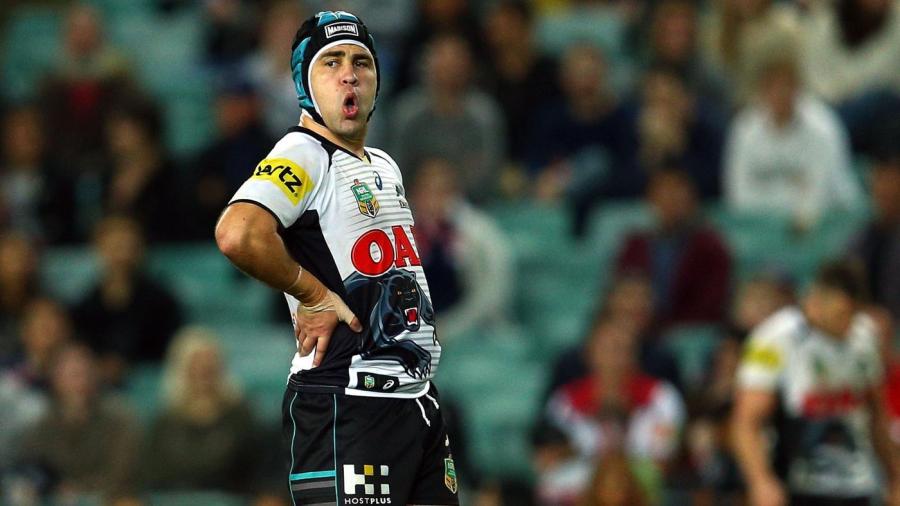What Organs Make up the Respiratory System?

The respiratory system is made up of the lungs, trachea, bronchi and diaphragm. These organs help people to breathe. Humans need to breathe to deliver oxygen to the body and rid the body of carbon dioxide, a waste gas that is produced by the body’s cells.
Every function of the respiratory system begins with the diaphragm, a muscle located directly below the lungs. Breathing in causes the diaphragm to contract which creates more space for the lungs. By enlarging this space, the lungs can pull air into them. Breathing out causes the diaphragm to expand and reduce this space, forcing air out.
The trachea is shaped like a pipe. When a person breathes in, the trachea filters the air down into the bronchi, two air tubes that then carry air directly to the lungs.
The main organs of the respiratory system are the lungs. They take oxygen into the body and breathe out carbon dioxide. Oxygen is retrieved from the lungs by red blood cells that then carry the oxygen throughout the body to the cells that need it. After the red blood cells drop off the oxygen, they pick up carbon dioxide and transport it back to the lungs where it is exhaled out.





